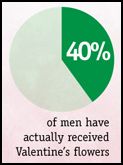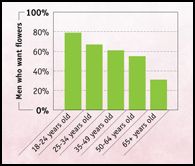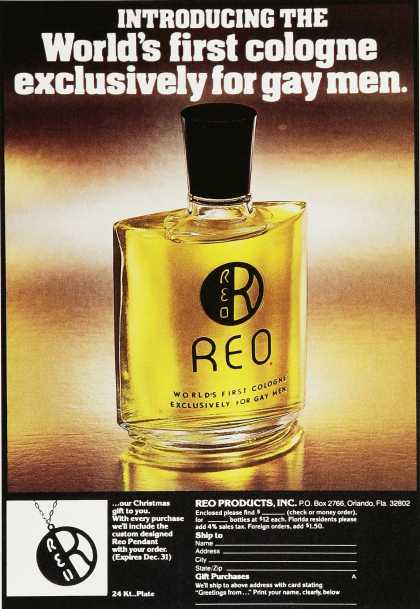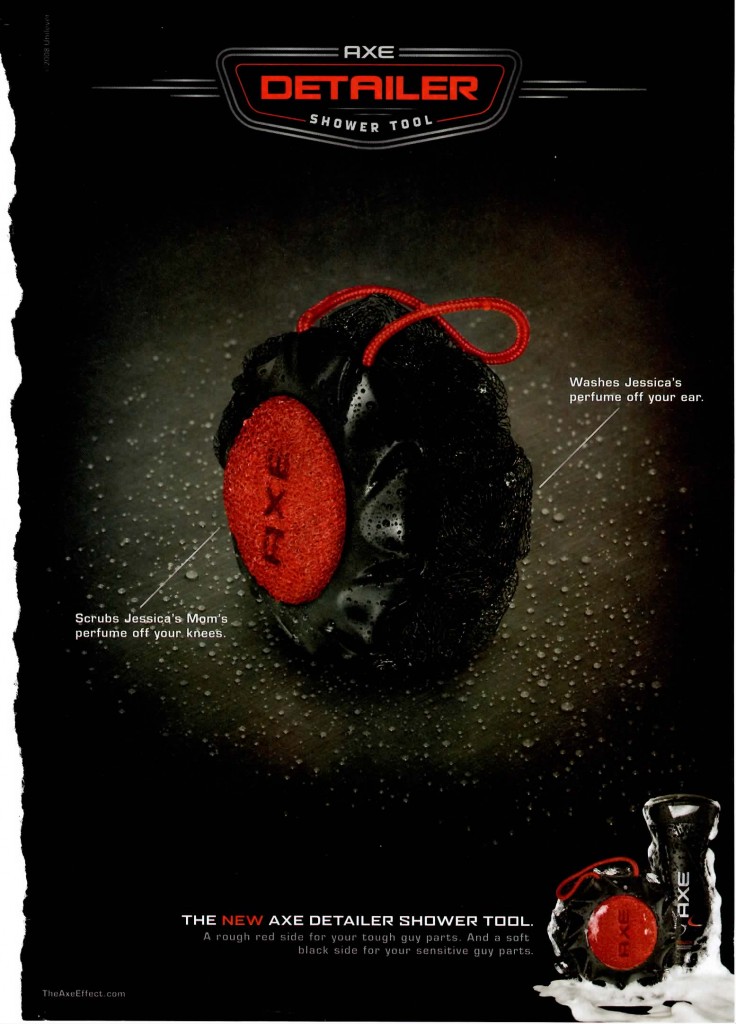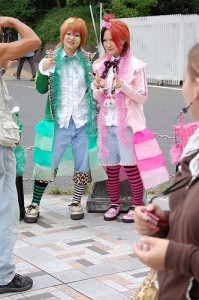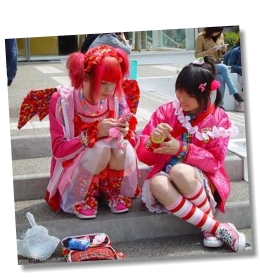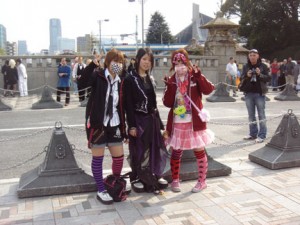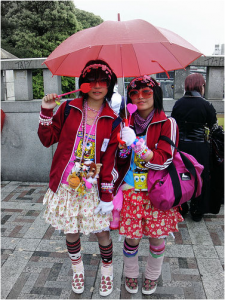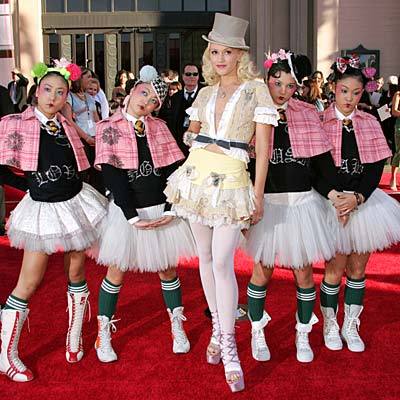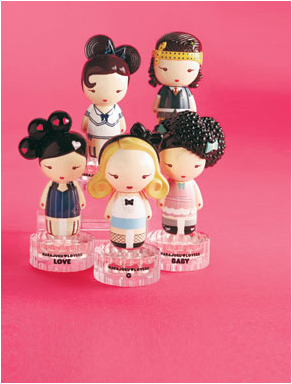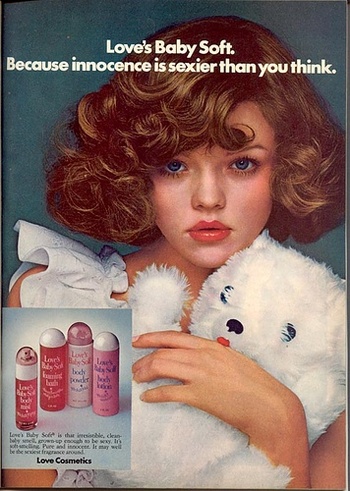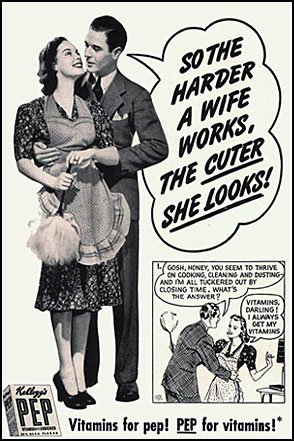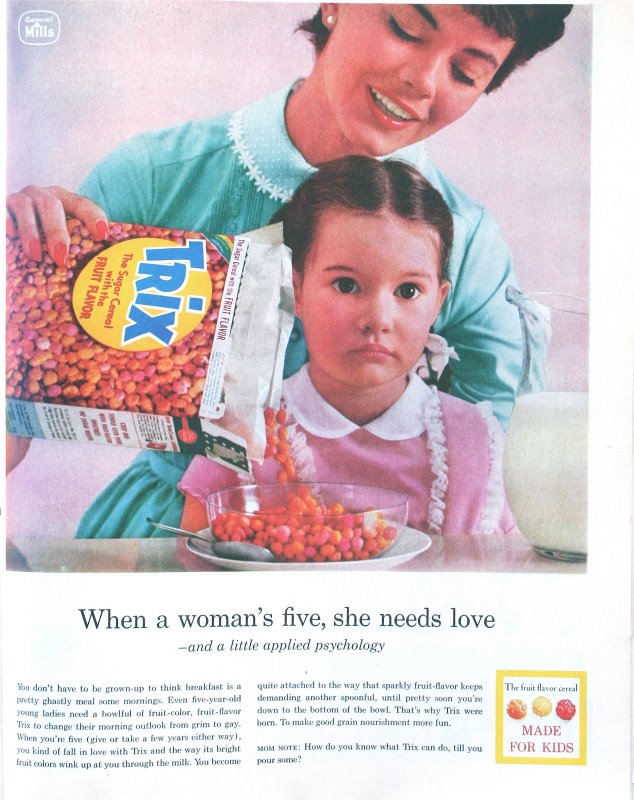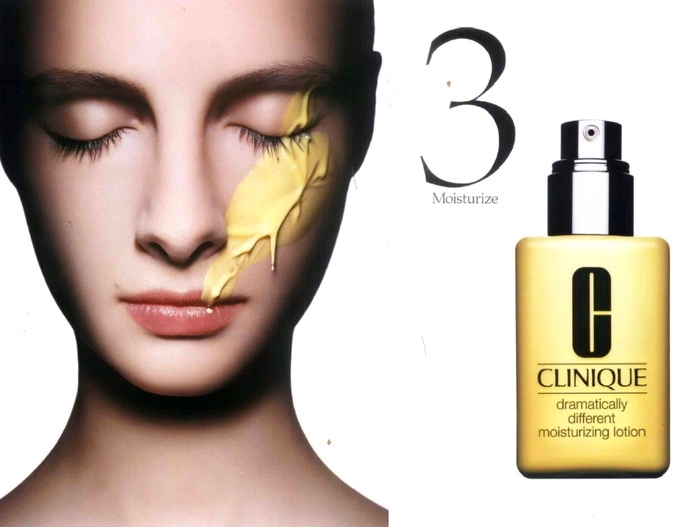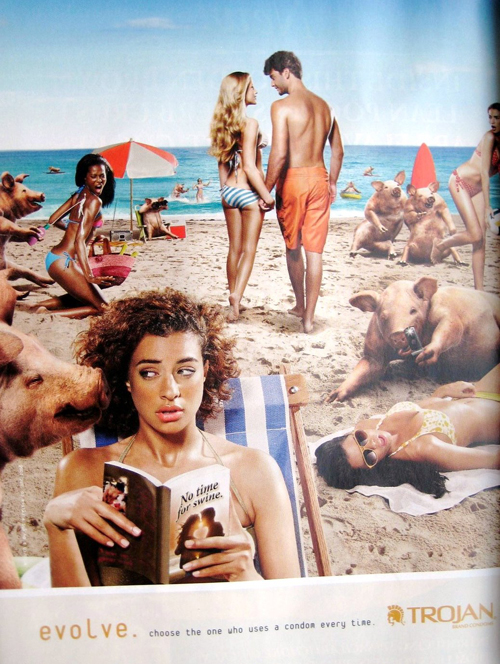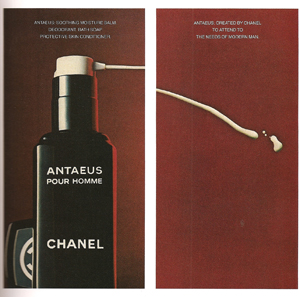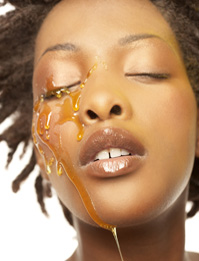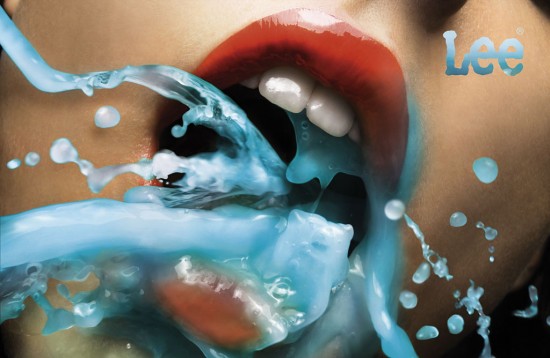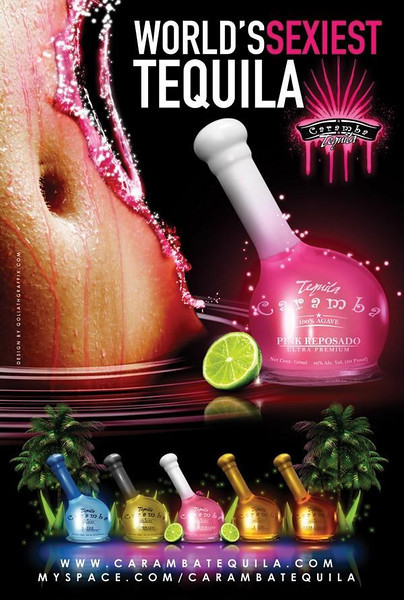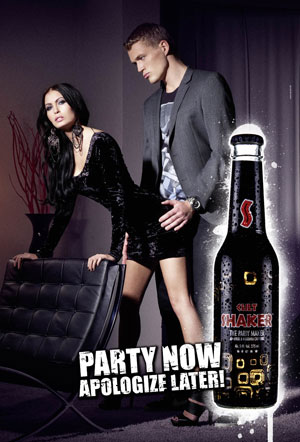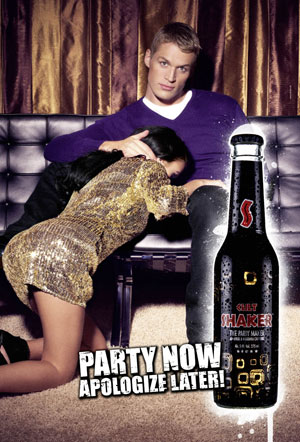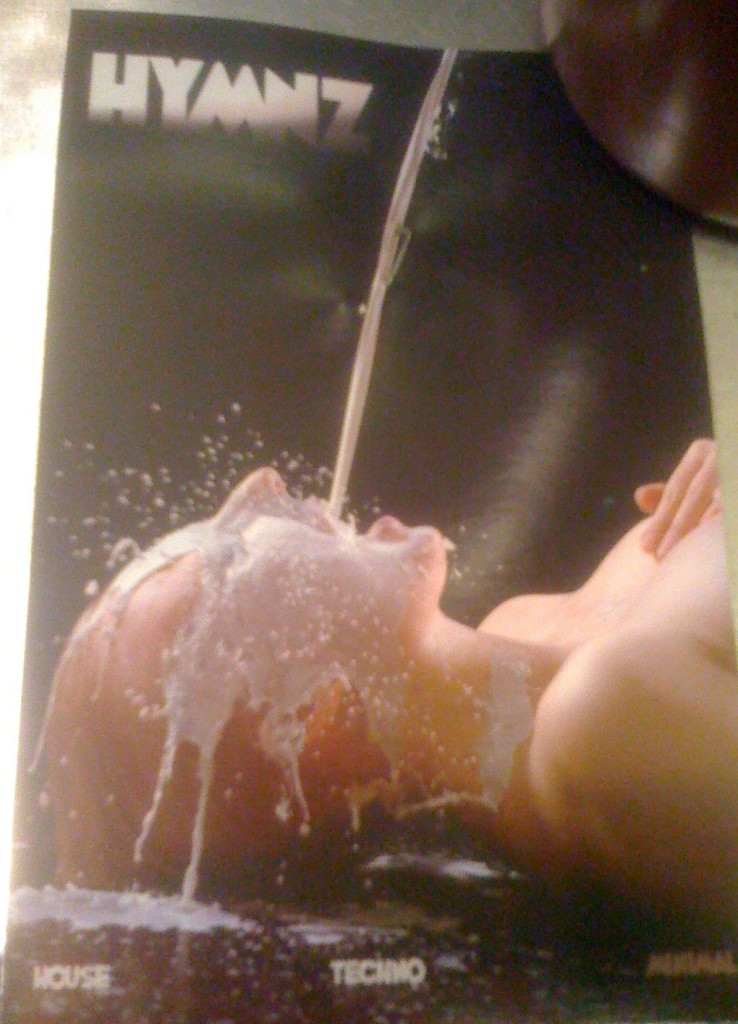While Americans began celebrating Valentine’s Day in the early 1700s, it wasn’t until the 1840s that it became a commercial holiday complete with mass-produced Valentine’s-themed goods.
Greeting cards, candy, flowers, and jewelry are Valentine’s-Day-Approved gifts and are among the most frequently gifted items (along with stuffed animals and perfume/cologne):
Contrary to stereotypes, the majority of men say they would love to receive flowers for Valentine’s Day:
Alas, 21% of them have never been so blessed:
This may upset primarily the young:
But, of course, they have the greatest chance of one day having their dreams come true.
What I’m saying is: “Go ahead! Buy your man some daisies!”
For more on Valentine’s Day, visit this fun graphic (via Chart Porn).
Lisa Wade, PhD is an Associate Professor at Tulane University. She is the author of American Hookup, a book about college sexual culture; a textbook about gender; and a forthcoming introductory text: Terrible Magnificent Sociology. You can follow her on Twitter and Instagram.



